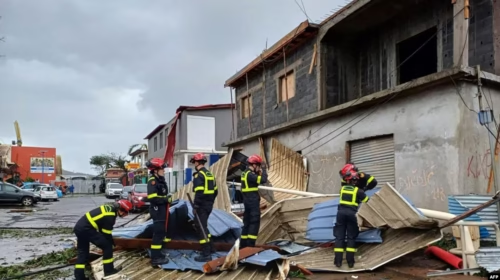The CCC’s shadow Energy Minister, Leslie Mhangwa, has lambasted the government, attributing Zimbabwe’s power cuts to inadequate planning rather than natural causes.
Mhangwa’s critique directly challenges the official narrative that blames the El Niño-induced drought for reduced water levels at Kariba Dam.
During a recent session with Open Parly, the Chinhoyi MP expressed frustration over the continuous power cuts, insisting that the production shortfall cannot justify such severe load shedding.
Mhangwa questioned the Energy Minister on the discrepancy between what is being produced and what is demanded, especially during peak hours.
He noted that if energy production were stable, the difference between supply and demand would be less noticeable outside peak times.
However, the minister countered by pointing out that certain sectors like hospitals are exempt from load shedding due to their critical nature.
Mhangwa further elaborated that the electricity crisis in Zimbabwe is far more severe than the government’s portrayal of it as “subdued.”
He highlighted a significant gap between the energy needs of both industry and households and what is currently available, dismissing claims that the crisis is predominantly due to Kariba’s issues.
The shadow minister firmly stated that the power shortages are a direct consequence of delayed planning and execution in energy projects.
Yet, his views have met resistance from some who argue that Mhangwa’s statements are mere political rhetoric, not reflective of the actual situation.
This debate intensifies when considering Zambia, which shares the Kariba Dam and faces similar power challenges, questioning if both nations suffer from poor energy foresight.
The scenario in Zambia, where citizens get electricity for only three hours daily, raises questions about regional energy management strategies.
Mhangwa’s accusations spotlight the urgent need for a reassessment of how Zimbabwe manages its energy resources amidst growing public frustration.
The power crisis continues to be a hotbed of political discourse, with the opposition urging for accountability and better planning from the government.
As Zimbabwe grapples with these outages, the debate over their root cause – natural calamity or human mismanagement – persists, deeply affecting daily life.
The ongoing power struggles in Zimbabwe not only challenge the government’s competence but also test the resilience of its citizens.
In this climate of energy scarcity, the call for innovative solutions and effective governance in the power sector grows louder.
The shadow minister’s criticisms serve as a catalyst for a broader conversation on energy policy, infrastructure, and the future of Zimbabwe’s electrical grid.
Yet, with differing opinions on the matter, the nation remains divided on how best to address this crisis that dims both homes and hopes.













